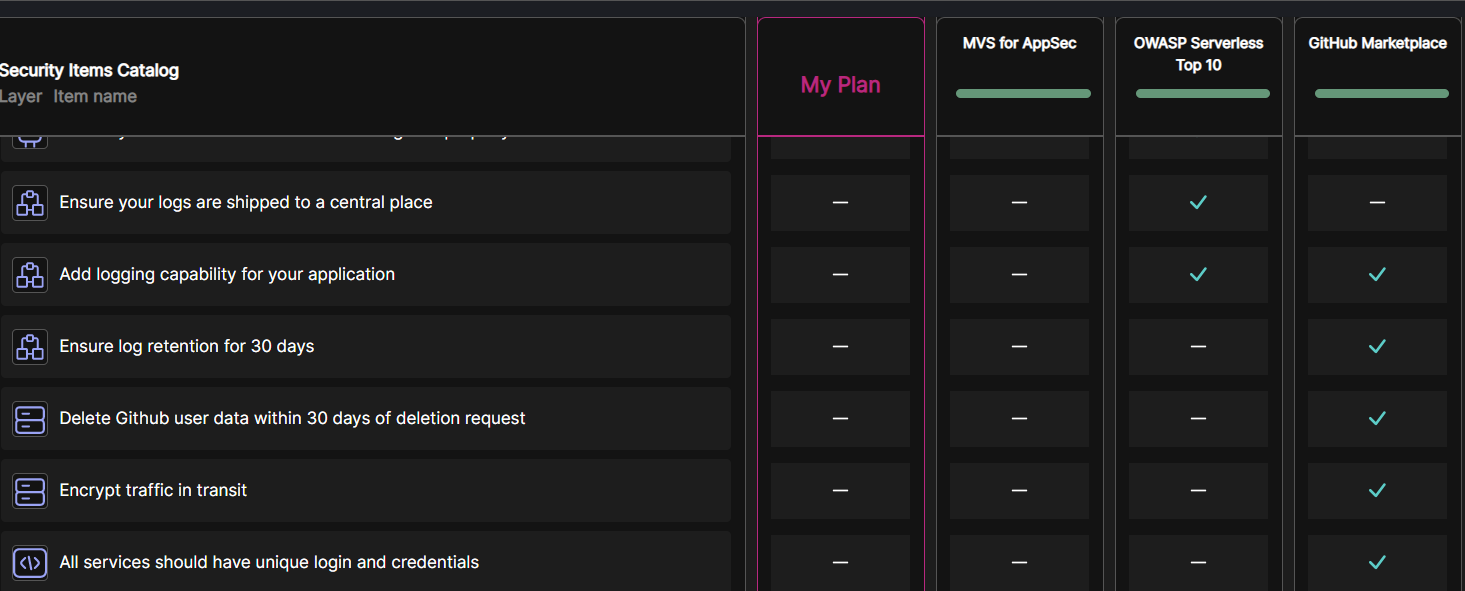In case you missed it, robots took over TechCrunch on Thursday, July 21. On that day, we played host to the robotic industry’s leading startups, researchers, and academics at TC Sessions: Robotics. The event was a blockbuster success, and we hope you enjoyed the show. All the features, panels, interviews and podcasts are embedded below.
TechCrunch Editor Brian Heater organized and hosted the event. Subscribe to his robotics newsletter, Actuator. It’s like a robotics conference in your inbox every week.
US Labor Secretary Marty Walsh on automation and unionization
U.S. Labor Secretary Marty Walsh was a slam dunk for the event. In addition to having a background as a union organizer, he’s a Boston native, who served as the city’s mayor for six years before being tapped by Joe Biden for a cabinet position in March 2021.
Walsh’s take on automation is pragmatic, noting, “I’ve been in politics for 25 years, and for 25 years, we’ve been talking about automation replacing people.”
He adds, “We were forward-looking in the city of Boston. Innovation does bring different kinds of jobs. How do we make sure people are skilled and trained up to actually be able to access those jobs. If you don’t do that, then obviously it’s going to have an impact on people.”
This gets to an important and nuanced point in the automation conversation. While there’s consensus among many that — in the long run — technology will continue to create more and better jobs, what happens to blue-collar workers in the short term? How can we support and, perhaps, train them to be better prepared for the future? And who, ultimately, does that responsibility fall on?
Robotics scene continues to be bullish, but layoffs are looming
This startup season is filled with goals of profitability, promises of higher margins and whispers about pivoting toward sustainability. So when it comes to robotics, a capital-intensive sector that has a longer sales time horizon and loads of infrastructure hurdles, tensions feel inevitable.
Or at least, you’d think. Crunchbase data shows that, despite a creaky market, venture funding for robotics startups remains strong. It’s a dissonance worth exploring, so that’s exactly what we did at TC Sessions: Robotics 2022 with investors Kelly Chen, partner at DCVC, Bruce Leak, founder of Playground Global and Helen H. Liang, founder of FoundersX Ventures. The trio of investors spoke about how the ambitious sector is surpassing some of the downturn’s harshest symptoms.
The answer includes a shift in investment strategy and Amazon.
Are universities doing enough to foster robotics startups?
A few years ago, I got in the habit of asking researchers the titular question: Are universities doing enough to foster robotics startups? To a one, the answer was invariably, “no.” It was a massive blindspot for some of the world’s leading research institutes, both in commercializing their own work and giving their best and brightest a clearer path into the world of early-stage startups.
The disconnect is, perhaps, understandable. Academic researchers should, ultimately, be focused on the greater good of advancing science and technology. But the fact of the matter is that in our society, commercializing this work can often be the fastest way to move it from the laboratory to the real world.
Agility’s next Digit robot will have a face and hands
Digit, the bipedal robot developed by Agility Robotics, will continue to evolve and improve, including the addition of a head and some digits of its very own, according to co-founders Damion Shelton and Jonathan Hurst.
Just don’t expect Digit to talk or have digits that look like human hands.
Digit, which was introduced in 2019, initially seemed destined for a life in last-mile delivery. Recently, the startup that spun out of Oregon State University has shifted its focus to logistics. The aim: to turn Digit into a platform for general purpose work such as unpacking trucks and moving boxes around warehouses.
“Our whole vision with what Digit is, is as a platform that allows you to turn physical work into a software application,” said Shelton, during an interview and demo of Digit on Thursday at TC Sessions: Robotics.
The Amazon effect is fueling a wave of robotics investments, acquisitions and maybe an IPO
Amazon’s drive to get as many products to customers as quickly as possible combined with a decade of technological breakthroughs, a labor shortage and skyrocketing e-commerce growth have aligned to create ideal conditions for warehouse robotics startups.
This fruitful convergence has led to acquisitions, large funding rounds and at least one robotics IPO next year. And growth appears to be limitless, according to TC Sessions: Robotics panelists Locus Robotics CEO Rick Faulk, Berkshire Grey SVP Jessica Moran and Melonee Wise, who founded Fetch and is now VP of robotics automation at Zebra Technologies.
“Amazon really started rocking the boat, right?” said Moran during the panel on warehouse robotics. “The Amazon effect of get as many SKUs as possible to as many people as possible, as quickly as possible, really put everybody in a position — even pre-COVID to say — ‘Hey, I gotta figure out how to automate how to do things faster.’”
Amazon defined warehouse robotics — so, what’s next?
It took exactly two minutes for today’s TC Sessions: Robotics fulfillment panel to make its first Amazon mention. The retail giant looms over the category like no other. It played a foundational role with the 2012 acquisition of Kiva Systems that birthed Amazon Robotics, and remains the 800-pound gorilla looming in the background of any conversation about warehouse automation.
For the past decade, the company has demonstrated an impressive dominance. It’s helped the company set a once-impossible standard of next-day — and even same-day — delivery for many orders. Retailers large and small have sought ways to remain competitive, fostering the growth of an entire industry of warehouse robotics firms like Locus, Fetch and Berkshire Gray.
UC Berkeley shows off accelerated learning that puts robots on their feet in minutes
Robots relying on AI to learn a new task generally require a laborious and repetitious training process. University of California, Berkeley researchers are attempting to simplify and shorten that with an innovative learning technique that has the robot filling in the gaps rather than starting from scratch.
The team shared several lines of work with TechCrunch to show at TC Sessions: Robotics today and in the video below you can hear about them — first from UC Berkeley researcher Stephen James.
Dean Kamen on the power of celebrating your own obsoletion
More than 40 years and 1,000 or so patents after selling his first company, AutoSyringe, to healthcare giant Baxter, Dean Kamen still gets a charge describing breakthrough innovation. It’s been five years since his organ fabricating project ARMI (Advanced Regenerative Manufacturing Institute) divided critics.
The project made more waves early last month, at the CNN-hosted conference Life Itself. Kamen paints the picture appearing on a panel at TC Sessions: Robotics today.
Robotics and AI are going from cage to stage
A lot of promising companies come out of work by researchers at universities, or even grad students who have struck on some new innovation. But the transition from tech-focused research group to product-focused startup isn’t easy to make; fortunately three experts in the matter joined us at TC Sessions: Robotics to discuss a few ways to get through it successfully.
Milo Werner is a new general partner at MIT’s The Engine, an accelerator and fund focused on “tough tech.” Joyce Sidopoulos is a co-founder of MassRobotics, a community and advocacy group for the sector’s startup ecosystem. And Pieter Abbeel is a professor at UC Berkeley and the co-founder of Covariant, which is designing a new generation of warehouse robots (he also just won the ACM Prize — belated congratulations, Pieter).
Harmonizing human-robot interactions for a ‘new and weird’ world of work
Robots have always found it a challenge to work with people and vice versa. Two people on the cutting edge of improving that relationship joined us for TC Sessions: Robotics to talk about the present and future of human-robot interaction: Veo Robotics co-founder Clara Vu and Robust.ai founder Rod Brooks (formerly of iRobot and Rethink Robotics).
Part of the HRI challenge is that although we already have robotic systems that are highly capable, the worlds they operate in are still very narrowly defined. Clara said that as we move from “automation to autonomy” (a phrase she stressed she didn’t invent) we’re adding both capabilities and new levels of complexity.
The TechCrunch Live Podcast: Building Roboticists with Ayanna Howard and Ayah Bdeir
There’s never been a more exciting time to work in robotics. The pandemic changed the face of the industry from research to real world. Today we’ll be joined by two experts who will also serve as judges for the pitch-off at our upcoming robotics event. Ayanna Howard is the Dean of The Ohio State University College of Engineering. She’s worked for NASA’s Jet Propulsion Laboratory and founded the Georgia Tech spinoff, Zyrobotics. Ayah Bdeir is the founder of STEM education kit LittleBits and is a Venture Partner at early stage investment firm, E14 Fund.
The TechCrunch Live Podcast: iRobot CEO talks, what else, robots
Colin Angle is the CEO and a co-founder of iRobots, and ahead of TechCrunch’s robotics event, he joined TechCrunch editor Brian Heater on a special Twitter Spaces. The conversation is great, and over the hour-long talk, tells a lot of never-before-heard stories of the early days of iRobot.





